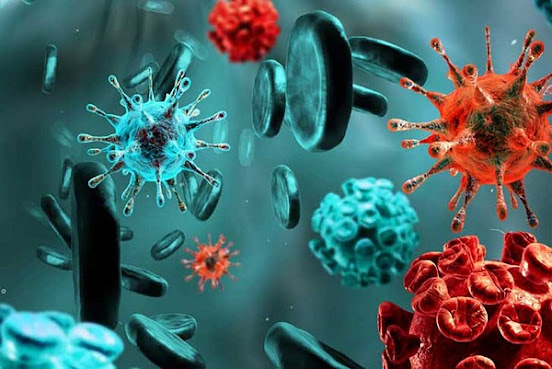Native antigens are extracted in their natural form from the
respective sources. As they undergo usual modifications in vivo, upon
isolation, they exhibit close resemblance withthe complex 3-dimensional
structure they exhibit in the host. In the case of protein antigens, these
modifications may include post-translational alterations such as cleavage of
precursor proteins, formation of disulphide bonds, and addition of low
molecular weight groups through processes such as glycosylation or
phosphorylation.
Antigens are the biomolecules that are capable of triggering
immune response in host body through the activation of lymphocytes. Bacterial
antigens are used in the development of various types of antibodies in research
laboratories for the improvement of immune systems. Moreover, bacterial
antigens are also widely used in immunodiagnostic assays such as ELISA.
With the recent outbreak of COVID-19, companies are
developing commercial SARS-CoV-2 antigens to support the vaccine formulation,
and research and development to strengthen the disease diagnosis and therapy.
In February 2020, the Native Antigen Company became the first company to
commercially provide the novel coronavirus antigens, using the company’s
proprietary VirtuE (HEK293) expression system. Thus, the rising use of native
antigens, effectively supporting the diagnostics and therapeutics of various
medical conditions, boosts the growth of the native bacterial antigen and
antibody market.
The native bacterial and viral antigens market, based on
product type, is segmented into chlamydia antigens, adenovirus antigens,
borrelia antigens, clostridium antigens, chikungunya virus antigens, and dengue
virus antigens. The chlamydia antigens segment held the largest share of the
market in 2019, and the market for the same is anticipated to grow at the
highest CAGR during the forecast period. Growth of the market for this segment
is attributed to easy availability of these antigens, with majority of the market
players commercially offering these antigens in the native forms. Further, the
use of chlamydia antigens in research institutes and laboratories for the
development of vaccines and in vitro diagnostics (IVD) tests is further
expected to propel the growth of the market for this segment.
Product launches and approvals are the commonly adopted
strategies by companies to expand their global footprints and product
portfolios; these strategies help them meet the growing consumer demand.
Collaboration is one of the major strategies adopted by the companies operating
in the native bacterial and viral antigens market to enlarge customer base
worldwide, which also permits them to maintain their brand name globally.
- Chlamydia Antigens
- Adenovirus Antigens
- Borrelia Antigens
- Chikungunya Virus Antigens
- Clostridium Antigens
- Dengue Virus Antigens

Comments
Post a Comment